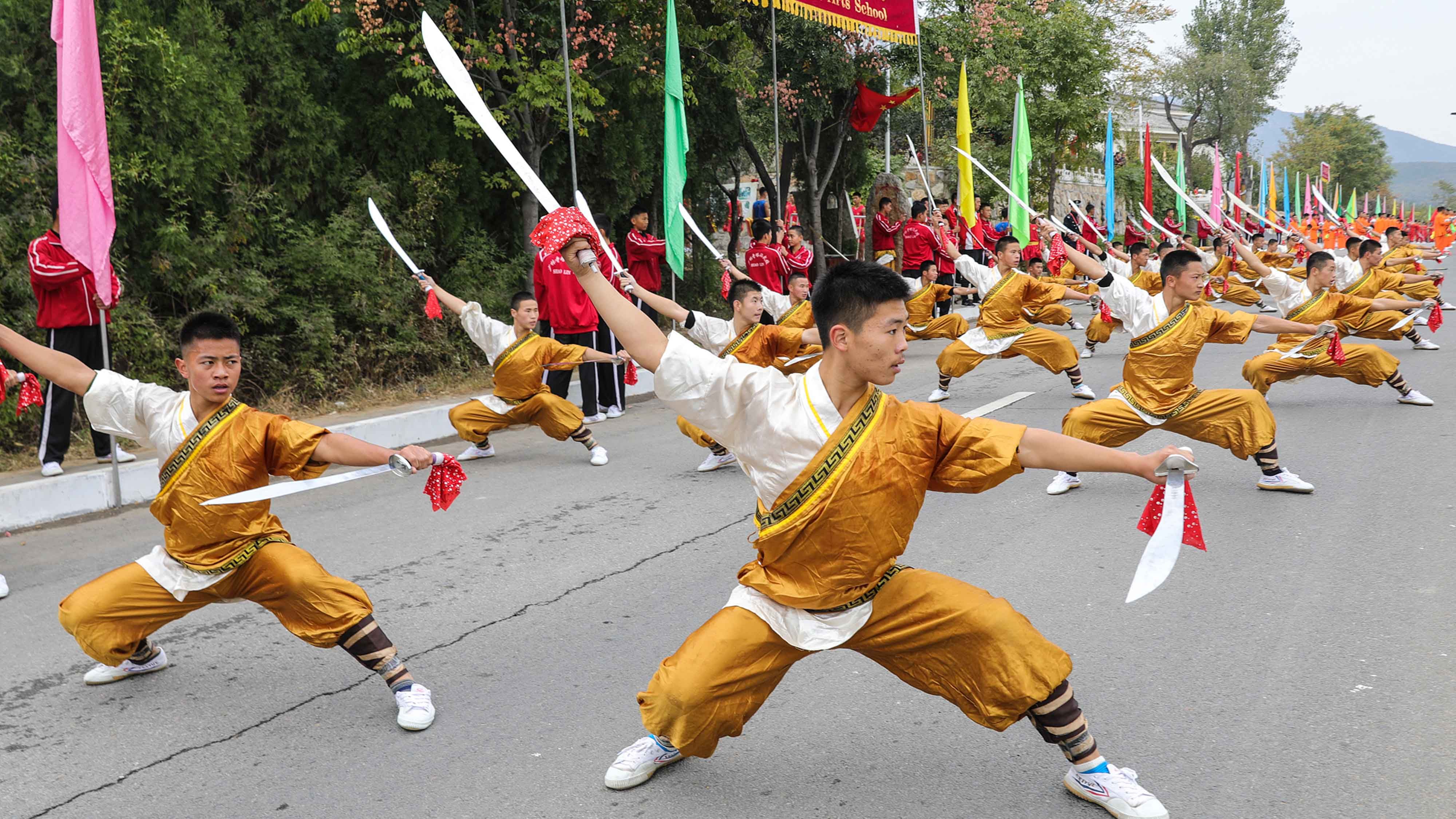
Opinions
13:18, 23-Nov-2018
Opinion: How are famous Chinese Kung-fu stars made?
Updated
12:25, 26-Nov-2018
CGTN’s Raymond Legaspi, Wang Haidi
01:59

Hong Kong action films like those starring Jackie Chan and Bruce Lee are so popular around the world; they are known as among the best of Chinese cinema.
“In Africa, even the people who know nothing about China know about Chinese Kung-fu,” said Trix Ingado, An African journalist of KTN news, suggesting that is the power of the representation of Chinese Kung-fu.
The film industry in Hong Kong should take the credit for such a great success in spreading the charm of Chinese Kung-fu. But Sam Ho, a Chinese-American curator, and film researcher offered a perspective little known and thought about by the audience, not everyone good at the Chinese Kung-fu can be a Kung-fu star, it is Chinese values and Chinese habits that can cultivate a Kung-fu star.
“Jackie Chan was not trained to be a fighter, he was trained to be an opera player, that's why Jackie Chan is such a great star, because he was trained to move to music, he was trained to make fighting looks good,” Ho said.
He offered another example of another great Kung-fu star Bruce Lee, whose father was a Cantonese opera star, so he grew up while acting.
Besides opera, Bruce Lee's love for dance and music also honed his talent for animated larger-than-life Kung-fu scenes. Bruce Lee was a one time champion of the Latin dance, cha-cha, in Hong Kong.
So what really sets apart Hong Kong flicks is how filmmakers managed to blend the Western style of storytelling with the Chinese values, as Mr. Ho concluded.
Forty years with Laurence Brahm: A marathon of experiences and ideas” is a special CGTN program on China's reform and opening up. The 10-episode series explores many sides to reform and opening up over the years and offers a unique perspective on the seismic shifts that have rippled through China's economy, policies, and social fabric. The program is live-streamed on cgtn.com every day from November 15 to 25.
(If you want to contribute and have specific expertise, contact us at opinions@cgtn.com.)

SITEMAP
Copyright © 2018 CGTN. Beijing ICP prepared NO.16065310-3
Copyright © 2018 CGTN. Beijing ICP prepared NO.16065310-3